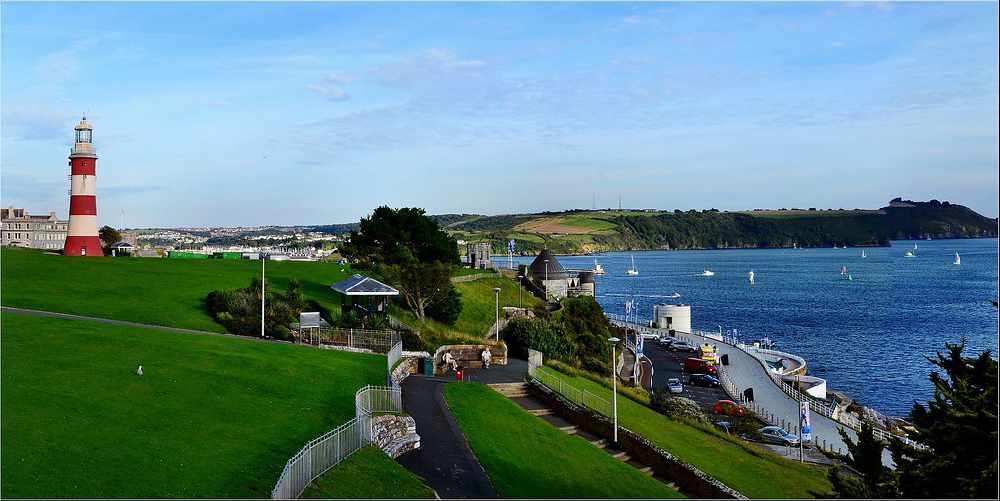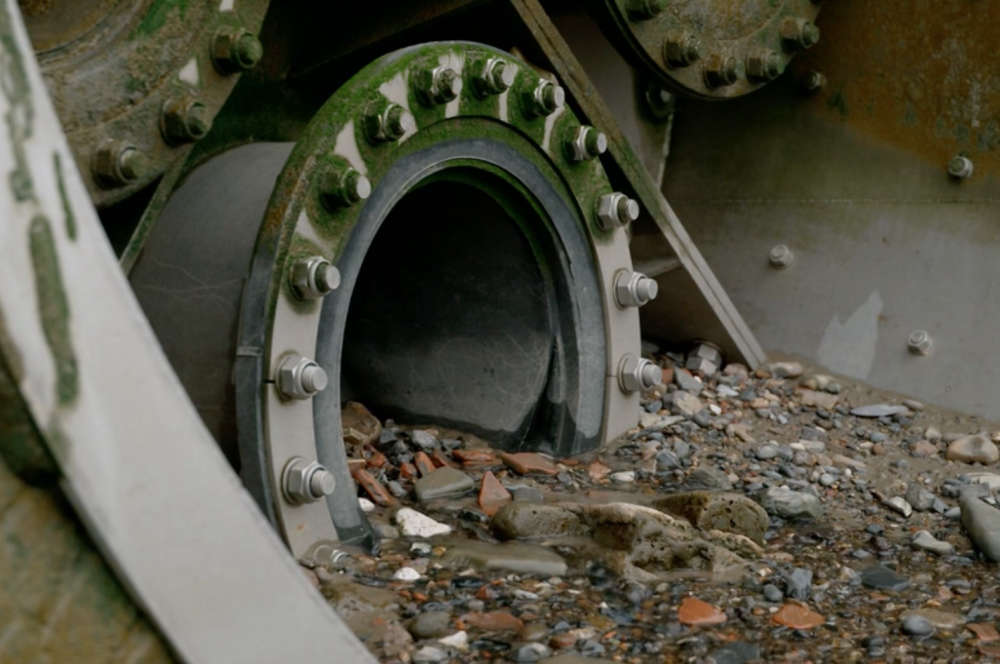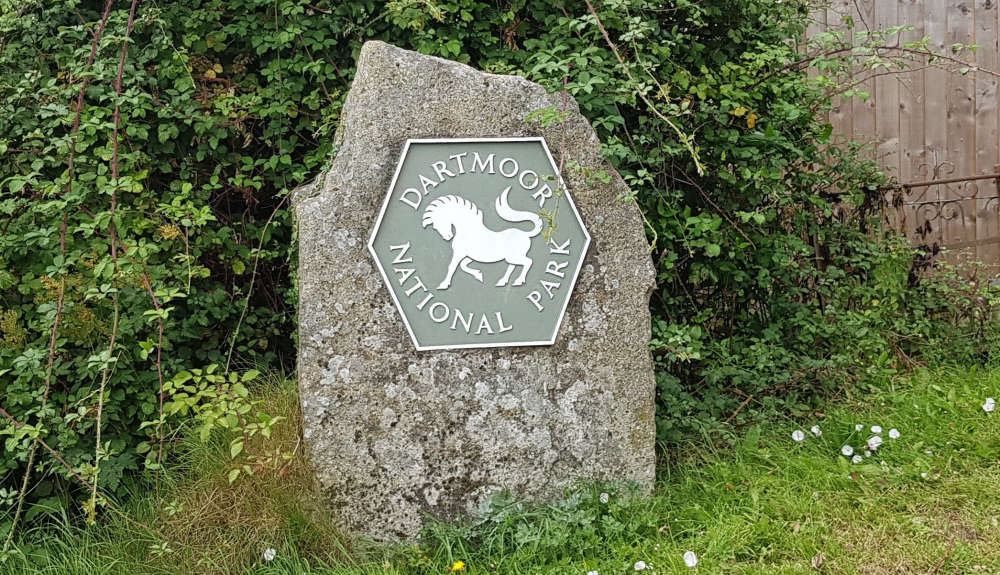
Economy could see £2 billion drop
The coronavirus pandemic could put 123,000 jobs at risk in Devon, according to a new report.
The cost to the local economy could hit £1.98 billion – 12 per cent of the value of goods and services produced, and recovery in local communities will take longer than other parts of the UK.
Devon County Council, Plymouth City Council and Torbay Council, with input from business organisations and the Heart of the South West local enterprise partnership, have joined forces to plead for more urgent government support for the region’s economy.
Up to 123,000 jobs are at risk as a result of the coronavirus epidemic, with at least 1,700, if not more than 3,000 once supply chains are taken into account, having already been lost.
The cumulative impact of job losses in the air industry, hospitality, food and drink and retail sectors have contributed to the government’s Local Economies Advisory Panel assigning a “red rating” to the economies of Devon, Plymouth and Torbay, with construction, manufacturing, marine and fishing industries suffering too as their order books empty.
On average, Job Centres were reporting at least six-fold increases in new claimants this week.
Their COVID19 Economic Resilience Report says that Plymouth is one of the most vulnerable cities in the UK in the wake of an economic shock, with potential impact likely to be deeper and longer-lasting yet again.
Plymouth has one of the highest public sector dependency in the country and also one of the highest concentrations of manufacturing employment, and its unemployment rate is higher than the national average already.
Losses in manufacturing would have catastrophic impact to the sector and wider supply chains, many of whom are SMEs, the report says, adding that the fishing industry is currently seeing total market collapse.
“Plymouth is therefore faced by a double-edged sword of traditional industries that are most vulnerable during economic downturns and a wide tourism & creative sector that has a significant level of self-employment,” the report adds. “The current economic shock has the potential to damage both these areas on which Plymouth is particularly reliant.”
The report recognises the speed with which the government has moved to put support packages in place to benefit businesses during this unprecedented situation, but highlights gaps in the government’s package of emergency support and recommends measures to ensure they are more effective.
Recommendations in the report include:
- a £40 million Flexible Response and Recovery Fund with grants for small businesses currently at risk of missing out on Government support;
- loans for businesses with turnover greater than £45 million which will currently not receive any Government support. Devon has 81 of these key employers that are worth £12 billion to the UK economy but they are struggling to survive, putting 66,000 jobs and important supply chains at risk;
- accelerating the delivery of Government support for the self-employed;
- a major new retraining programme to kick start a recovery;
- and a national pilot sourcing produce for Crown Commercial Services from local food and drink producers and fisheries.
Devon County Council Leader, Cllr John Hart, said: “The economic impact of the Coronavirus is severe and worsening, with the number of businesses fighting for survival increasing daily. We want local businesses to know that we are in their corner, fighting for them, and we’re urging the Government to get behind us.
“Business organisations working with local authority partners and the LEP are promoting the available financial support packages from Government, but it has come too late for many micro, small and medium enterprises as well as self-employed people. If even 30% of the predicted job losses result, then this would be higher than the impact our region experienced from the 2008-2011 recession.
“We have set out a series of measures we believe can bring immediate and medium-term relief, but we need agreement and help NOW to address this economic crisis, as well as supporting the recovery, future prosperity and livelihoods of our communities.”
Cllr Tudor Evans OBE, Leader of Plymouth City Council, added: “Our staff have worked tirelessly to help those businesses who are eligible for grants. We will have paid a total of £15m in two days – equivalent to 30 per cent of the total. This is pumping money directly into local businesses pockets and are providing a life line.
“It is, however, becoming clearer and clearer that there are significant gaps in those who qualify for support. One area which feels particularly unfair is businesses which have a package of combined businesses rates and rent.
“There are at least 400 businesses in the city who would probably qualify for a grant of £10,00 and currently cannot access it because of their rent and rates are combined. We are lobbying hard to central government. There are businesses which are just outside the threshold and there is no flexibility.
“We know from conversations we are having with every sector that there is genuine fear about the short term prospects – let alone the long term prospects for all our industries. We have been sharing our observations and concerns with other councils and the Heart of the South West LEP. This is the start of the conversations we need to have at the highest levels if businesses in the South West are to get to the starting line for a recovery.”
Cllr Swithin Long, Torbay Council’s Cabinet Member for Economic Regeneration, Tourism and Housing said: “Torbay Council fully endorses the new COVID-19 Economic Resilience Report which is being presented to central government. We appreciate the support for businesses that is already being put in place by central government in response to the COVID-19 pandemic but still more needs to be urgently done.
“So much of Torbay’s economy is based on the hospitality and tourism sector and the short-term survival of local businesses will be reliant on financial help coming sooner rather than later. We are also calling on Government to work with us to bring forward decisions on funding our regeneration proposals in Torquay and Paignton. Government’s capital investment was needed before this crisis and is now critical to helping Torbay’s resilience.
“We are working with TDA to understand the impact of the crisis on local businesses and how we can support them at this difficult time.”
Karl Tucker, Chair of the Heart of the South West LEP, said: “The nature of our economy places us in a high-risk category. Being largely made up of small and micro-businesses who will struggle with cash-flow as they await the money coming through; the heavy reliance on tourism as a bedrock sector; and the fact that much of the UK’s food comes from this area, means that we are particularly vulnerable and particularly important to the health and wellbeing of the country.
“I urge the Government to put in place these immediate measures so that we can continue to help feed the nation and build resilience into our business community; so that it can play its part in the recovery after this crisis.”
 City lose at home again
City lose at home again
 Calls for inclusion on Plymouth lord mayor role
Calls for inclusion on Plymouth lord mayor role
 Upgrades to Plymouth storm overflows to take place
Upgrades to Plymouth storm overflows to take place
 Dartmoor finances facing biggest cut for years
Dartmoor finances facing biggest cut for years
 Rare curlews and martens are leaving Dartmoor - for now
Rare curlews and martens are leaving Dartmoor - for now
